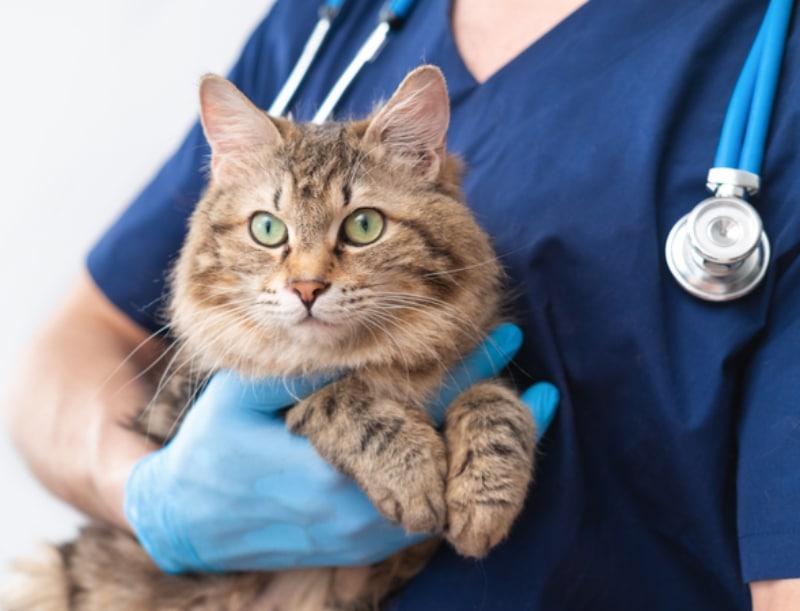Although we often speak only about how rewarding it is, adopting a kitten comes with a wackload of new responsibilities, commitments, and worries. Are they getting enough water, how long can they stay on their own, why do they always seem hungry, should I get them fixed, is this behavior normal … the list of questions could seem endless and trips to the vet expensive – trust us when we say exhausting your bank account is not always the answer.
Luckily there are many vet-approved formulas and recipes that we can create at home that allow us to give our fur babies the love and care that they deserve without spending a ton. Meaning you can save the vet for crucial visits when your pet truly needs it.
Deworming is an essential part of cat care as most felines will develop worms if they aren’t treated preventatively, especially in outdoor cats. We have noted a few ways that you can implement a homemade deworming formula that, in some cases, you can use both as a preventative measure and as well to treat an active case of worms.
Please note that if your kitty cat’s worm issue persists following your treatment, placing a call to your local vet should be your next step.
Now let’s get to the DIY deworming remedies!
The 3 Natural Ways to Deworm Your Cat
1. Raw Pumpkin Seeds
Grinding up raw pumpkin seeds is a great way of eliminating worms naturally. These seeds contain an amino acid that paralyzes active parasites and therefore terminates them! Adding a tablespoon of freshly ground pumpkin seeds to one meal a day is all you’ll need. As a bonus, these seeds are packed full of protein, fiber, vitamins, and minerals.
2. Fasting
Parasites cannot live without a sufficient food source, and while your cat will be just fine without food for a day, these parasites will not. This may seem a little harsh – not feeding your fur baby seems cruel and unnecessary when there are other solutions. So you can choose this method as a last resort, or once you have cleared it with your veterinarian.
3. Food Grade Diatomaceous Earth
If you have done your research, you have probably come across this form of treatment as it has been noted as the most successful. Also known as fossil shell flour, this product is widely used as a supplement for gardeners and pet breeders as it eliminates parasites via dehydration. The directions on how to administer this product to your pet will be given when you purchase it. It is also imperative that the Diatomaceous Earth you buy is food grade.

What To Avoid
The internet can be a black hole of misinformation and false facts. Before administering anything to your kitty, or any pet for that matter, ensure it is in fact safe! For example, garlic is advertised as an effective way to combat worms, fleas, and ticks when it’s known that garlic is highly toxic to both cats and dogs and should never be given to your pets under any circumstance. If you are still unsure, ask your vet before treating any of your pet’s ailments. In the end, you are looking to ease discomfort and pain, not cause it!
Conclusion
We hope that you have found some comfort in knowing that you can safely deworm your kitty without worry! Your cat’s health and happiness are the most important and with one of these, they should be feeling back to their sassy self in no time.
See Also:
Featured Image Credit: Yana Vasileva, Shutterstock










